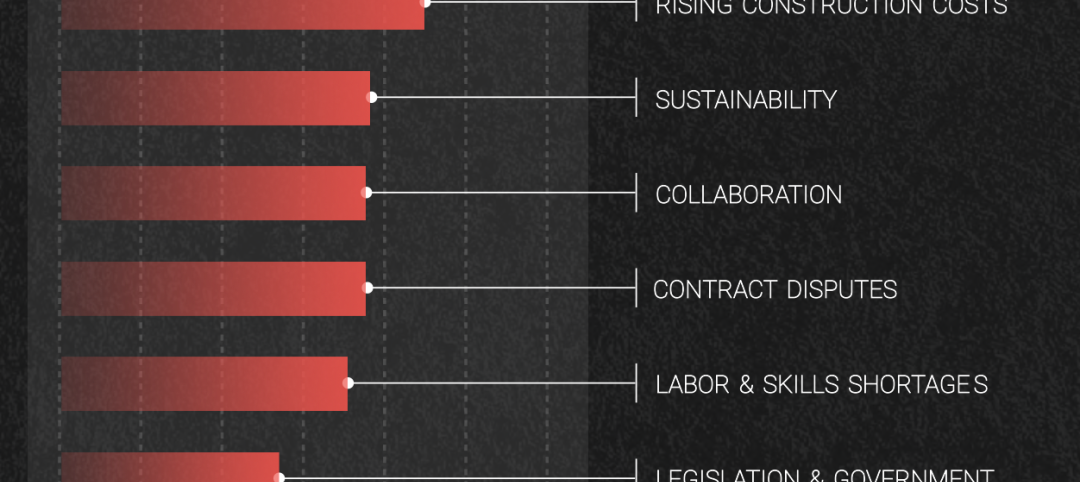Artificial intelligence (AI) is the next big step for retail and FMCG companies following the implementation of advanced big data and analytics (BDA) solutions, which can unlock huge data volumes in an automated way in real-time and ultimately lead to maximum profitability, according to data and analytics company GlobalData.
The company’s Disruptor Database revealed that although retailers have grown to their current size by capitalizing on profitable bits of digitalization, they are often challenged in understanding what their customers need at scale. There is a colossal amount of customer data with enterprises, but only a handful are able to generate value deemed from low conversion rates of below 5% overall.
This broadens the scope for retailers and consumer goods companies to use predictive analytics to enhance decisions related to supply chain management, customer behavior, staff allocation and the likelihood of goods being damaged, lost or returned.
Rena Bhattacharyya, Technology Research Director at GlobalData, says: “While most analysis related to understanding market trends, achieving greater customer personalization, and improving operational efficiency can be performed with BDA methods, AI in many cases is less cost intensive and faster - at times even instant.. Intelligent machine learning systems can replace expensive armies of data scientists and provide solutions or product recommendations in an automated way. The timing of the analytics is crucial, since opportunities for cost savings or additional sales are frequently limited to minutes or even seconds.”

What made their way through the experimental phase of AI in FMCG and retail are the use cases related to predictive analytics. For example, thanks to the integration of machine learning, eBay is now able to help sellers on its platform with solutions ranging from delivery time to fraud detection. It can also discover gaps in inventory of a particular product and alert related sellers to stock up on that item, as well as make price recommendations based on trending events automatically.
Procter & Gamble used deep learning technology to create a skin advisor service for its Olay brand. After screening millions of selfies and spotting key age characteristics, Olay’s service can provide women with personalized product recommendations based on skin analysis.
Leading retailers including Amazon, Alibaba, Lowe’s and Tesco are developing their own AI solutions for automation, analytics and robotics use cases. At the same time, many retailers have not implemented any AI solutions yet and are likely to fall behind their competitors.
“AI is the path to maximum profitability. It will be the technology platform that reaps the biggest rewards. Retail and FMCG companies looking to launch AI-based solutions should start by understanding the needs of their target customer base, focus on providing an omnichannel experience, and strive to achieve cost savings through greater efficiency,” concludes Bhattacharyya.
Related Stories
Market Data | Jul 5, 2023
Nonresidential construction spending decreased in May, its first drop in nearly a year
National nonresidential construction spending decreased 0.2% in May, according to an Associated Builders and Contractors analysis of data published today by the U.S. Census Bureau. On a seasonally adjusted annualized basis, nonresidential spending totaled $1.06 trillion.
Apartments | Jun 27, 2023
Average U.S. apartment rent reached all-time high in May, at $1,716
Multifamily rents continued to increase through the first half of 2023, despite challenges for the sector and continuing economic uncertainty. But job growth has remained robust and new households keep forming, creating apartment demand and ongoing rent growth. The average U.S. apartment rent reached an all-time high of $1,716 in May.
Industry Research | Jun 15, 2023
Exurbs and emerging suburbs having fastest population growth, says Cushman & Wakefield
Recently released county and metro-level population growth data by the U.S. Census Bureau shows that the fastest growing areas are found in exurbs and emerging suburbs.
Contractors | Jun 13, 2023
The average U.S. contractor has 8.9 months worth of construction work in the pipeline, as of May 2023
Associated Builders and Contractors reported that its Construction Backlog Indicator remained unchanged at 8.9 months in May, according to an ABC member survey conducted May 20 to June 7. The reading is 0.1 months lower than in May 2022. Backlog in the infrastructure category ticked up again and has now returned to May 2022 levels. On a regional basis, backlog increased in every region but the Northeast.
Industry Research | Jun 13, 2023
Two new surveys track how the construction industry, in the U.S. and globally, is navigating market disruption and volatility
The surveys, conducted by XYZ Reality and KPMG International, found greater willingness to embrace technology, workplace diversity, and ESG precepts.
| Jun 5, 2023
Communication is the key to AEC firms’ mental health programs and training
The core of recent awareness efforts—and their greatest challenge—is getting workers to come forward and share stories.
Contractors | May 24, 2023
The average U.S. contractor has 8.9 months worth of construction work in the pipeline, as of April 2023
Contractor backlogs climbed slightly in April, from a seven-month low the previous month, according to Associated Builders and Contractors.
Multifamily Housing | May 23, 2023
One out of three office buildings in largest U.S. cities are suitable for residential conversion
Roughly one in three office buildings in the largest U.S. cities are well suited to be converted to multifamily residential properties, according to a study by global real estate firm Avison Young. Some 6,206 buildings across 10 U.S. cities present viable opportunities for conversion to residential use.
Industry Research | May 22, 2023
2023 High Growth Study shares tips for finding success in uncertain times
Lee Frederiksen, Managing Partner, Hinge, reveals key takeaways from the firm's recent High Growth study.
Multifamily Housing | May 8, 2023
The average multifamily rent was $1,709 in April 2023, up for the second straight month
Despite economic headwinds, the multifamily housing market continues to demonstrate resilience, according to a new Yardi Matrix report.

















